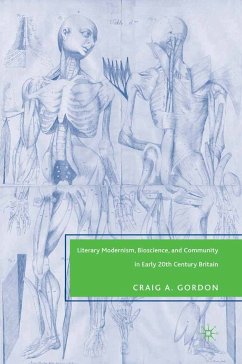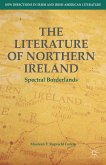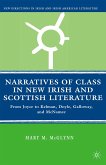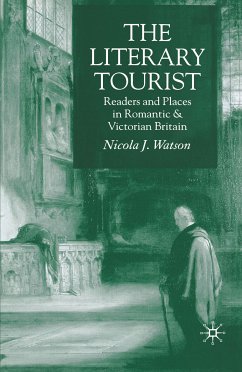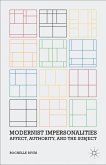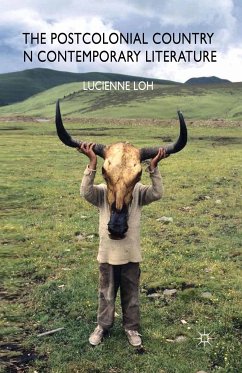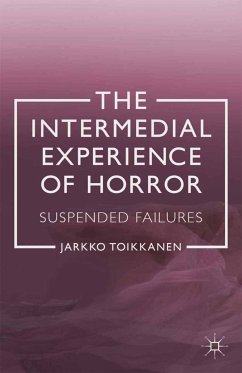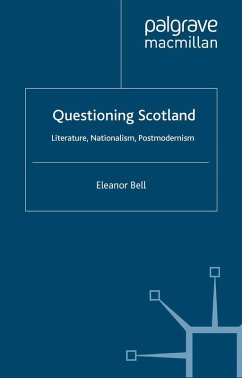This book examines the relationship between the literary and bioscientific cultures of the period as a means of exploring the ways in which the comprehension and representation of the human body fundamentally shapes a variety of the period's communal and national visions.
Dieser Download kann aus rechtlichen Gründen nur mit Rechnungsadresse in A, B, BG, CY, CZ, D, DK, EW, E, FIN, F, GR, HR, H, IRL, I, LT, L, LR, M, NL, PL, P, R, S, SLO, SK ausgeliefert werden.
"Gordon demonstrates a wide and current knowledge of the literary-critical and cultural-studies work in his field. He sets his methodology off from other practitioners of the 'New Modernisms' with the idea of a 'double logic of incorporation,' the problematic embodiments of individuals and communities. Without flattening either into uniform bits of sociological data, he assesses reciprocal relations between literary and other cultural forms. In a parallel and even stronger move, Gordon engages with some major voices in post-Foucauldian and other post-structuralist theory, in particular, Judith Butler, Jean-François Lyotard, and Jean-Luc Nancy, to argue for the cogency of an analytical category he terms the impossibly material body, whose refusal of both regulatory inscription and critical interpretability makes an opening for 'alternative subjective and communal forms.' This is an original and insightful study." - Bruce Clarke, Professor of English, Texas Tech University; President, Society for Literature, Science, and the Arts (SLSA)

